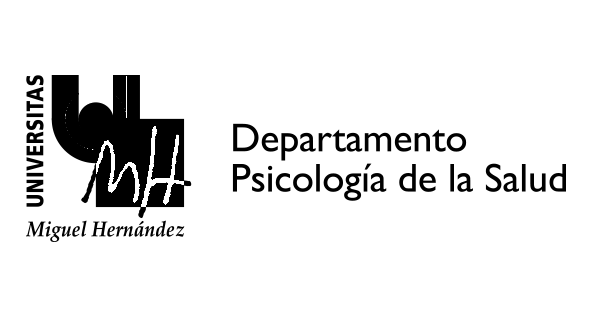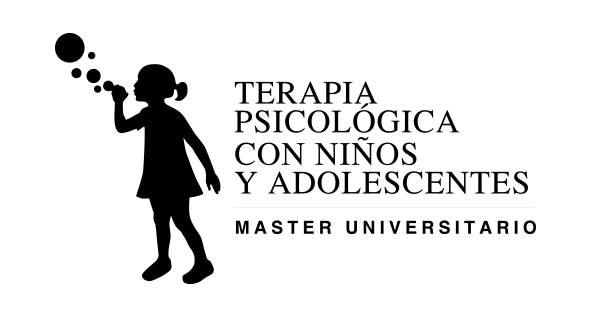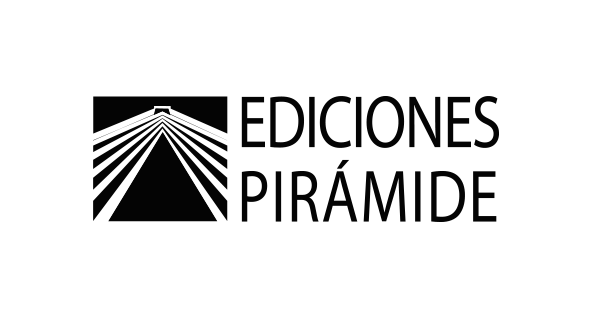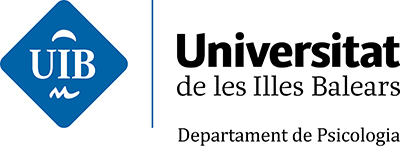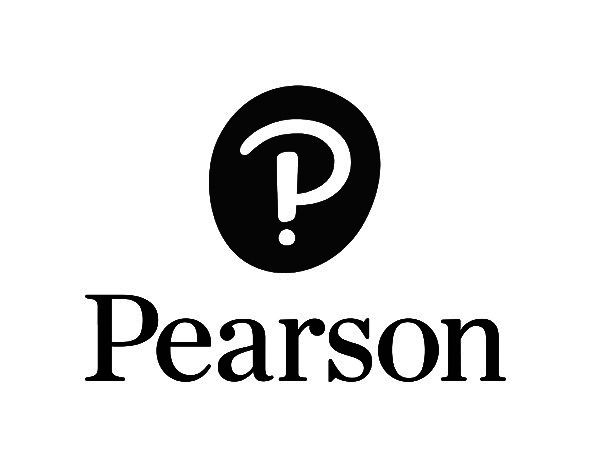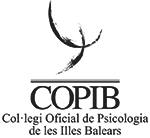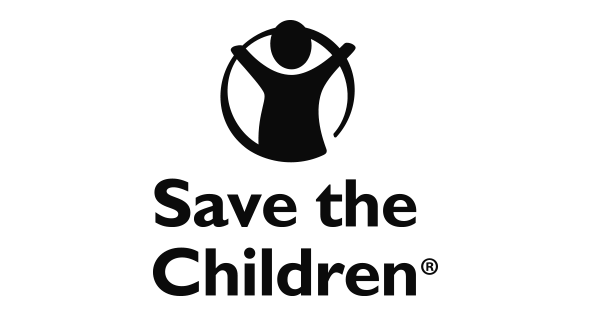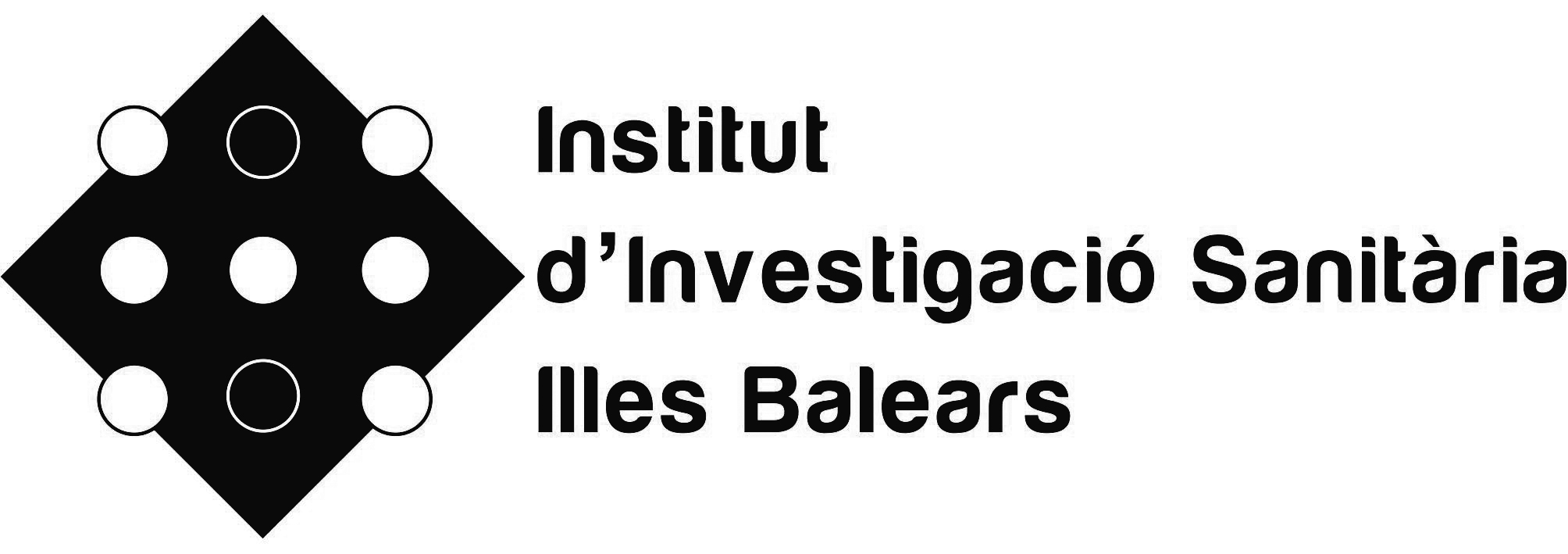John Weisz
Harvard University, United States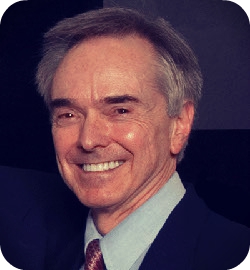
PERSONALIZING EVIDENCE-BASED YOUTH PSYCHOTHERAPY
Abstract
After 50 years of research, we have many evidence-based psychotherapies (EBPs) for children and adolescents (herein “youths”). Most EBPs are standardized (standard order of treatment sessions and contents) and focal (focused on one kind of problem—e.g., anxiety, depression, or conduct problems). These EBPs have shown respectable effects in efficacy trials, but they are not as successful with clinically referred youths treated in everyday clinical practice. One possible reason: clinically referred youths are often more complex than the treatments designed to help them. These youths often have multiple problems and disorders, and their problems may shift during treatment. To address these challenges, we may need flexible, personalizable, transdiagnostic intervention. One example, the Child STEPs Model, uses a modular treatment protocol derived from the psychotherapy evidence base. Clinicians are guided by decision flowcharts and a web-based system that monitors each youth’s treatment response week-by-week. STEPs has performed well in multisite effectiveness trials with youths suffering from anxiety, depression, and conduct problems. This approach, refined through further testing, may provide a bridge between the rich evidence base of clinical science and the complexity of youths treated in everyday clinical care.
Dr. John Weisz was born and reared in Mississippi and received a BA from Mississippi College, in his home town of Clinton. He later served with his wife Jenny in the U.S. Peace Corps, in Kenya, where both worked as teachers. Then Weisz studied at Yale, where he received a Ph.D. in clinical and developmental psychology. He held subsequent faculty positions at Cornell, the University of North Carolina at Chapel Hill, and then UCLA, where he built numerous partnerships with southern California community mental health clinics, focused on studying youth mental health care in the real-world contexts where that care is most often provided. Those partnerships produced 14 years of research on psychotherapy process and outcome in everyday clinical practice, and multiple randomized trials of cognitive behavioral therapy for youth depression and anxiety. Efforts to build research partnerships broadened with a move to Massachusetts in 2004, where Weisz served for eight years as President and CEO of the Judge Baker Children’s Center, an affiliate of Harvard Medical School. The research begun in Los Angeles expanded, encompassing a network of community mental health clinics and schools in the greater Boston area, and then other parts of New England. Weisz’s works full-time as a Professor in the Harvard Psychology Department, expanding his body of research on strategies for improving youth mental health care. His research involves development and testing of interventions for youth mental health problems, as well as meta-analyses and systematic reviews characterizing and critiquing the science of youth mental health care. He is especially interested in integrating evidence-based practices with strategies for personalizing treatment to fit individual youth and family characteristics. His books include “Psychotherapy for children and adolescents: Evidence-based treatments and case examples” and “Evidence-based psychotherapies for children and adolescents”.




